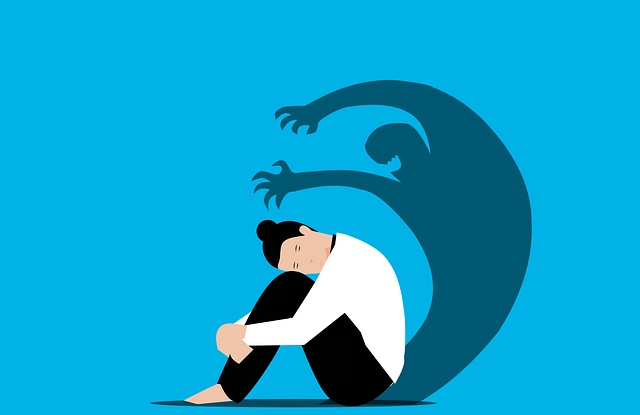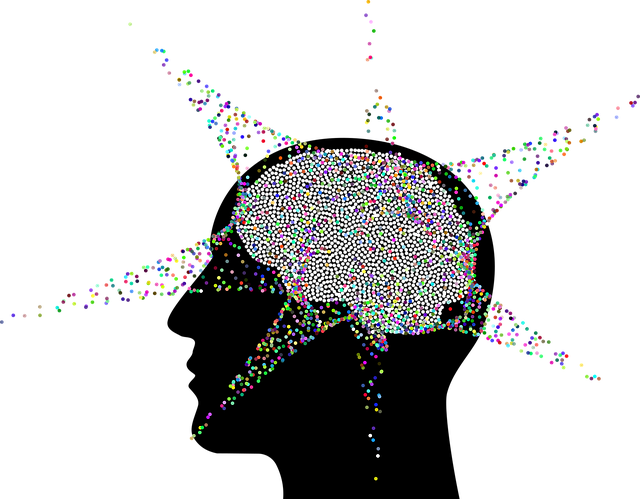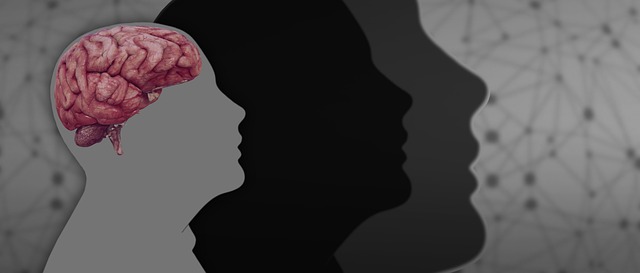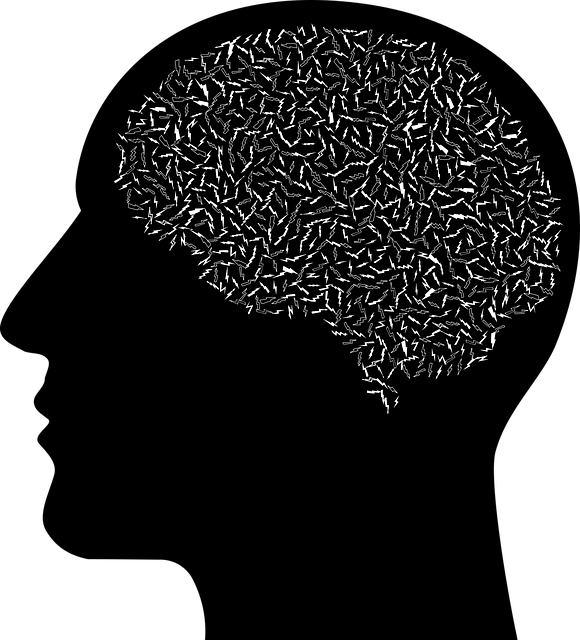Mental wellness self-assessment tools, like those used at Castle Rock Eating Disorders Therapy, are vital for holistic mental health care, empowering individuals to understand their emotional, cognitive, and behavioral patterns. These assessments help prevent burnout, manage stress, identify triggers, and develop personalized coping mechanisms. By delving into the complex factors behind eating disorders, therapists facilitate positive change, build resilience, and offer tailored treatments. Effective tools should be multi-dimensional, sensitive, valid, diverse, and regularly updated based on user feedback and research to ensure continuous improvement and progress tracking.
Mental wellness self-assessment tools play a pivotal role in modern therapy, offering individuals valuable insights into their emotional well-being. This article explores the development of such tools, highlighting their significance in effective treatment strategies. We delve into the growing need for comprehensive assessments, as evidenced by Castle Rock Eating Disorders Therapy’s success, and provide a roadmap for creating accurate, user-friendly resources. Through discussing implementation and continuous improvement, this guide offers valuable insights for professionals aiming to enhance mental health support.
- Understanding Mental Wellness Self-Assessment: The Foundation of Effective Therapy
- Identifying the Need: Castle Rock Eating Disorders Therapy and Beyond
- Designing Comprehensive Tools for Accurate Assessment
- Implementation and Continuous Improvement Strategies for Self-Assessment
Understanding Mental Wellness Self-Assessment: The Foundation of Effective Therapy

Mental wellness self-assessment tools serve as the cornerstone for effective therapy and holistic mental health care. By providing individuals with a means to introspect and understand their emotional, cognitive, and behavioral patterns, these tools empower them to take charge of their mental well-being. This proactive approach is particularly vital in addressing issues like Castle Rock Eating Disorders Therapy, where early intervention can significantly impact recovery outcomes.
Self-assessment plays a crucial role in burnout prevention and stress management by enabling individuals to identify triggers, recognize unhealthy coping mechanisms, and develop personalized stress reduction methods. Through self-reflection, people gain valuable insights into their mental health landscape, fostering better self-care practices and improved resilience against life’s challenges.
Identifying the Need: Castle Rock Eating Disorders Therapy and Beyond

In today’s fast-paced world, mental wellness is a paramount concern, with issues like eating disorders impacting individuals across various demographics, including Castle Rock Eating Disorders Therapy areas. Identifying the need for comprehensive self-assessment tools is crucial in addressing these complex conditions. The journey towards emotional healing processes and building resilience starts with understanding the unique challenges faced by those seeking support.
Castle Rock Eating Disorders Therapy focuses on empowering individuals to challenge disordered eating behaviors and foster positive thinking patterns. By developing innovative self-assessment tools, therapists can facilitate a more tailored approach to treatment. These tools aim to capture not just the surface-level symptoms but also the underlying emotional triggers and thought processes that contribute to eating disorders. Incorporating aspects of resilience building into these assessments allows for a holistic understanding of an individual’s mental wellness landscape.
Designing Comprehensive Tools for Accurate Assessment

In developing comprehensive mental wellness self-assessment tools, the focus should be on creating multi-dimensional resources that accurately capture an individual’s emotional and psychological state. These tools play a pivotal role in early detection and intervention for various mental health concerns, including eating disorders like those requiring Castle Rock Eating Disorders Therapy. Incorporating aspects such as cognitive, behavioral, and emotional assessments ensures a holistic understanding of the person’s internal landscape.
The design process should prioritize sensitivity and validity to encourage honest self-reflection. By integrating coping skills development modules and utilizing evidence-based assessment techniques, these tools can facilitate Emotional Healing Processes. Additionally, they must be designed with diversity and inclusion in mind, aiming to reduce the Mental Illness Stigma by providing a safe and non-judgmental space for users from various backgrounds.
Implementation and Continuous Improvement Strategies for Self-Assessment

Implementing a self-assessment tool is just the first step; continuous improvement is vital for its long-term effectiveness. Regular updates based on user feedback and the latest research can ensure the tool remains relevant and beneficial. For instance, at Castle Rock Eating Disorders Therapy, they regularly revise their assessment questionnaires to incorporate new insights into mental health conditions. This dynamic approach allows them to adapt to evolving understanding of burnout prevention and resilience building.
Additionally, comparing assessment outcomes over time can provide valuable insights into individuals’ progress and help identify areas for targeted interventions. By integrating confidence-boosting strategies based on these findings, the tool can become an empowering resource that encourages users to take charge of their mental wellness journey. This iterative process not only enhances the tool’s utility but also fosters a culture of continuous learning and growth.
Mental wellness self-assessment tools play a pivotal role in enhancing therapeutic interventions, as demonstrated by Castle Rock Eating Disorders Therapy’s innovative approach. By developing comprehensive assessment tools, professionals can accurately gauge individuals’ mental health, tailoring treatments to specific needs. This strategic implementation not only improves outcomes but also fosters continuous improvement in the field, ensuring that resources like Castle Rock Eating Disorders Therapy remain at the forefront of effective support.














